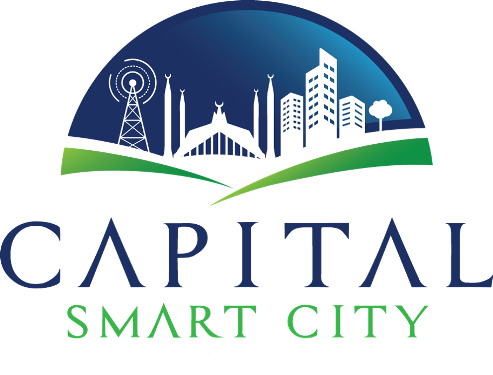Reduce Energy Consumption, Carbon Emissions and Save Money on Utility Bills
Smart energy is the use of digital technology to improve the efficiency, sustainability, and reliability of energy systems. It can help cities reduce their energy consumption and carbon emissions, save money on their utility bills, and create a more sustainable future for their residents.
Smart energy solutions can be implemented at all levels of the energy system, from generation to transmission to distribution to consumption. For example, smart grids can use sensors and data analytics to optimize energy flow and reduce waste. Smart buildings can use energy management systems to automate energy use and reduce energy consumption. And smart appliances can help consumers save energy by automatically adjusting their settings based on usage patterns and time of day.
Smart energy is particularly important for smart cities, which are increasingly reliant on technology and data to improve their efficiency and sustainability. Smart cities can use smart energy solutions to reduce their reliance on fossil fuels, increase their use of renewable energy, and improve their resilience to climate change.
The Pakistani government has recognized the importance of smart energy and has taken steps to promote its development. In 2019, the government launched the Smart Grid Initiative, which aims to modernize the country’s electricity grid. The government has also set a target of generating 30% of the country’s electricity from renewable sources by 2030.
Smart energy solutions are already being implemented in some parts of Pakistan. For example, the city of Lahore has installed smart meters in over 2 million homes. This has helped the city to reduce its energy consumption by 10%.
Smart Energy Initiatives at Capital Smart City
-
- Smart energy grids: Capital Smart City is installing smart energy grids that will help to integrate renewable energy sources, such as solar and wind power, into the city’s energy mix. Smart energy grids will also help to improve energy efficiency by making it possible to better manage energy consumption and demand.
-
- Smart energy management systems: Capital Smart City is also implementing smart energy management systems that will help residents and businesses to reduce their energy consumption. Smart energy management systems can provide real-time information about energy consumption and identify areas where energy can be saved.
-
- Smart energy appliances and devices: Capital Smart City is encouraging residents and businesses to use smart energy appliances and devices. Smart energy appliances and devices can be programmed to turn off when they are not in use or to operate at lower energy levels during peak demand times.
-
- Renewable energy sources: Capital Smart City is also investing in renewable energy sources, such as solar and wind power. Renewable energy sources can help to reduce Capital Smart City’s reliance on fossil fuels and make the city more energy independent.
Smart energy is a key component of smart cities and is essential for creating a more sustainable future. By implementing smart energy solutions, Smart City can reduce their energy consumption and carbon emissions, save money on their utility bills, and create a more sustainable future for their residents.
